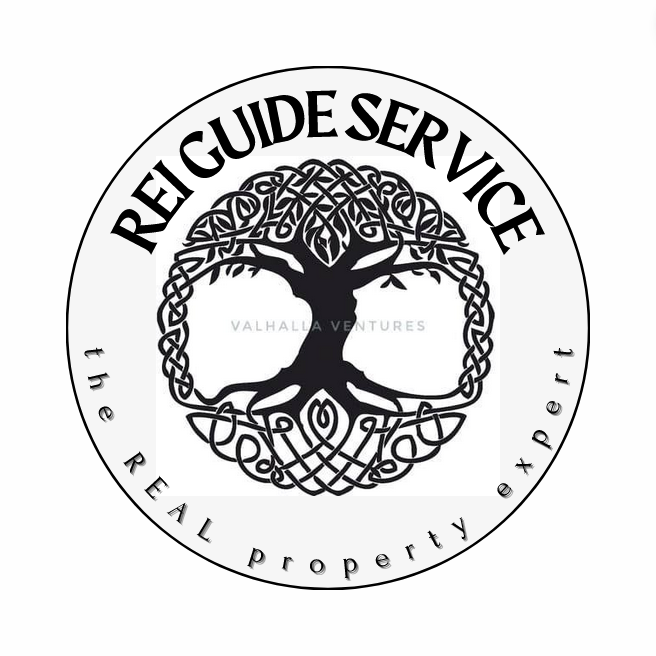Have you ever thought about getting into real estate… but weren’t exactly sure what you actually needed to start?
A lot of people get stuck there.
They watch videos, take courses, even attend webinars. but when it comes time to take action, they hesitate.
Why?
Because deep down, they know they’re missing some key pieces...
Not theory, practical pieces.
Let me ask you something:
Have you mapped out the area you're farming, or are you still looking “everywhere”?
If someone handed you a great off-market deal today… do you have proof you can actually close it?
Do you know who’s walking the property with you, and who’s closing the deal on the title side?
These aren’t advanced investor questions, they’re day one questions.
And the truth is, most people don’t have real answers.
Would it help if I just gave you the 10 non-negotiables, no fluff, that you need to actually get started and be taken seriously as a real estate investor?
Because I put that list together, it’s clear, it’s actionable, and it’s based on what gets results in the field… not in a classroom.
Well buckle up, no gatekeeping here:
Things You Need to Start Investing in Real Estate
A Solid Knowledge of the Area You Plan to Farm
Focus small. Know the zip codes, the streets, the market shifts, and the types of buyers or tenants in that pocket. You want people to recognize you as a serious player in that area, not a rookie chasing everything.
Proof You Can Fund a Deal
Hard money, private lender, cash in the bank, or a partnership, doesn’t matter. Just have it lined up. When a deal lands, the clock starts ticking. Sellers and agents won’t wait for you to “find the money.”
Basic Understanding of Contract Law and Deal Structure
You need to know the difference between an assignable contract, a double close, and when earnest money goes hard. You don’t need a law degree, just enough to protect yourself and keep deals alive.
A Title Company (or Real Estate Attorney) That Works with Investors
Not all title companies are investor-friendly. You want one that understands assignment deals, wholesaling, and creative financing, and won’t throw up red flags when you don’t fit in the standard buyer box.
A Quick, Reliable Contractor or Inspector
Deals are won or lost in due diligence. You need someone who can walk a property with you and give a rough estimate of repair costs, within 24–48 hours. Time kills deals. (or a property evaluation worksheet that allows you to document it for a professional breakdown later)
A Real Buyer’s List (If You’re Assigning Deals)
Social media clout is not a buyer list. You need actual contacts: investors you’ve spoken with, who’ve shown proof of funds or bought in the last 90 days. Build real relationships, not just followers.
A CRM or System to Track Leads
You’ll forget who owns what, what you offered, and when you need to follow up unless you systemize it. Use spreadsheets, CRM tools, whatever works, but track every lead, call, and contact.
Confidence and Clarity When You Speak
Sellers, buyers, and partners can smell uncertainty. Practice your pitch. Be clear about what you do, how you help, and what you’re looking for. This isn’t about faking it, it’s about preparing for the call before you make it.
Exit Strategies
Know what you’re going to do with the deal before you get it under contract. Flip, rent, assign, owner-finance, your offer needs to match your end game. Otherwise, you’re gambling, not investing.
A Filter for BS and Distractions
There’s no shortage of gurus, flashy programs, or side hustles trying to get your attention. Stay focused. If it doesn’t lead to real deals, ignore it.
These aren't optional.

